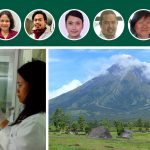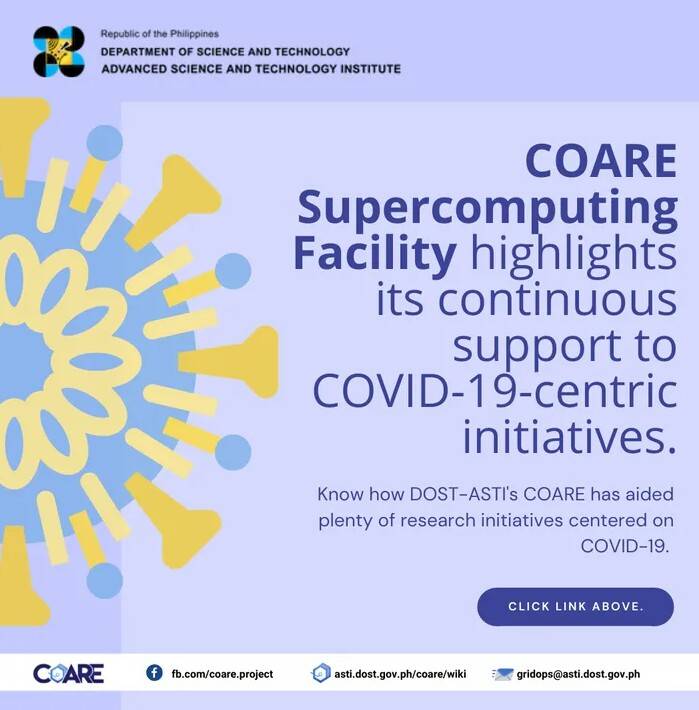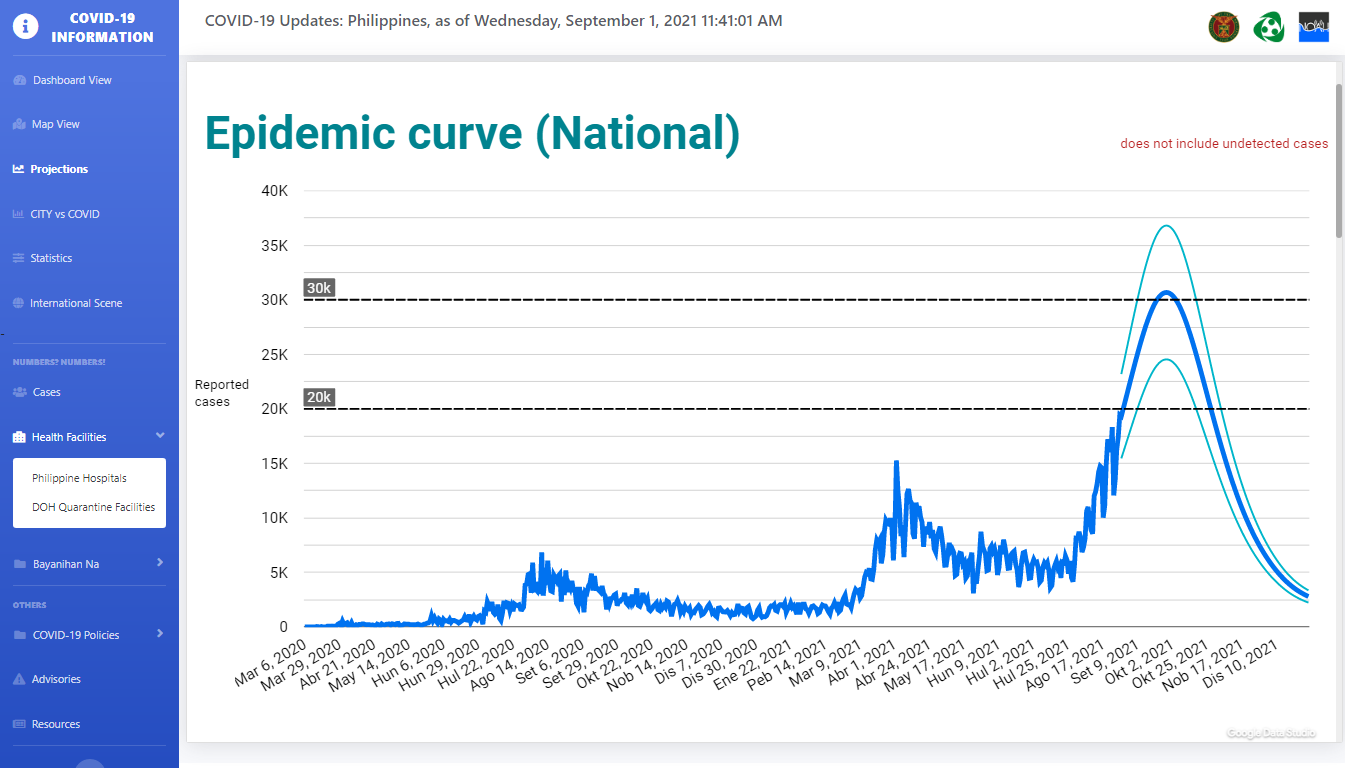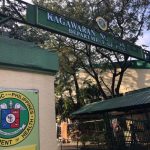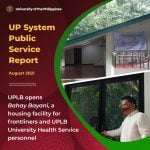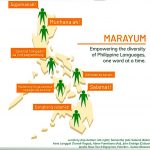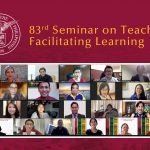Findings by a team at the Division of Microbiology of the College of Arts and Sciences have opened a new research track that may yield a possible cancer treatment.
The team, led by Kristel Mae P. Oliveros, a faculty member at the Institute of Biological Sciences, has identified 30 bacteria from the soil samples of Mt. Mayon and isolated 13 that show antibiotic activity against pathogenic microorganisms.

